

About Phygital
What is phygital sport?
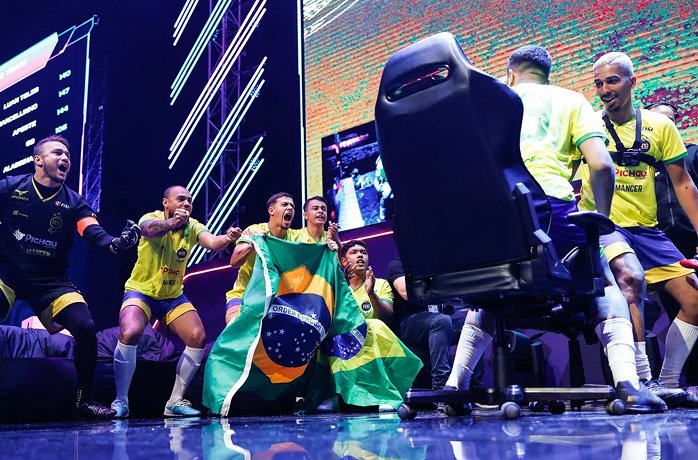
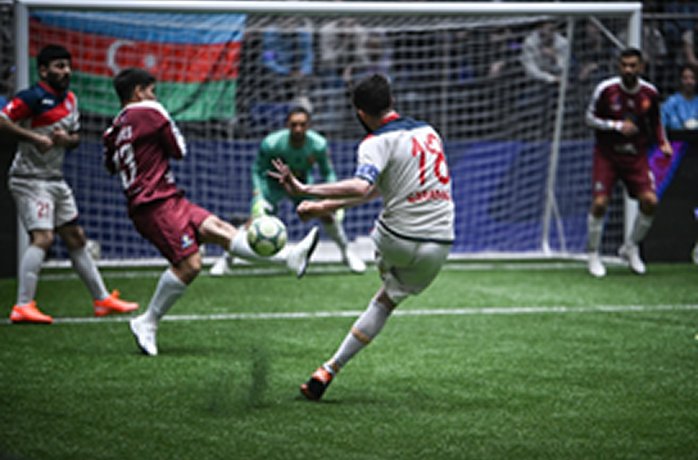
Phygital is the perfect marriage of physical sport and digital gaming, where core disciplines usually involve both a physical and a digital element. One stage sees participants compete in a virtual or online battle, while the second stage sees the same players take part in a real-life contest. This fusion of physical activity and digital skills creates a more immersive and engaging experience for both participants and spectators.
Phygital sports are designed to be a fun and entertaining way to inspire young people to lead healthier, more active lives. Clubs or individuals can take part in a wide range of disciplines such as Phygital Football, Phygital Basketball, or Phygital Hockey – with new disciplines being developed all the time.
Phygital is about uniting the next generation of athletes and gamers into a global community and breaking down barriers to participation in physical sport.

Why phygital matters
In recent years esports have seen an incredible rise in popularity. Platforms such as Twitch now average around 31 million daily viewers while 70% of sports fans prefer to engage with their favorite teams and athletes via streaming and social media. Around 55% of young adults and 70% of gamers watch esports regularly on platforms such as YouTube. However, at the same time, kids and teenagers are doing less physical activity than ever before. It’s estimated that around 81% of under-18s do not meet recommended physical activity levels, which can lead to a host of problems from obesity to poor mental health.
Phygital is a new frontier in the sporting world. It encourages the younger generations to participate in physical activity by helping them to experience their favorite sport and gaming titles in a real-life environment, with like-minded fans. To join a community and enjoy the rush of not only playing a game but living it.
The phygital ecosystem
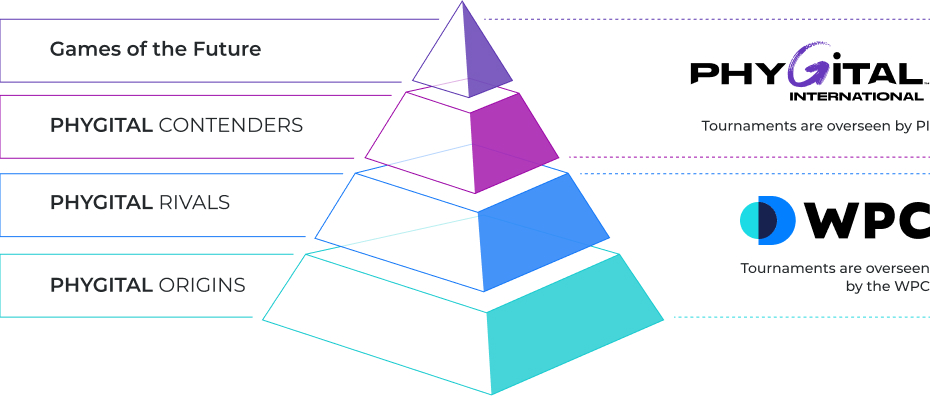
Phygital International is custodian of the annual Games of the Future and the Phygital Contenders tournaments. PI also appoints the host nation and city and works with them to deliver a gold-standard event for participants and spectators. UAE will host the next Games of the Future in 2025, while Kazakhstan has been selected to host Games of the Future 2026.
Phygital International also selects commercial partners such as sponsors, works with broadcast and online media, and champions the cause of phygital sport and technical innovation worldwide.
To represent their region in the Games of the Future and its qualifying event (Phygital Contenders), clubs must first participate in tournaments at an in-country regional (Phygital Origins) and national (Phygital Rivals) level to achieve an appropriate ranking. These events are organized by a separate entity, the World Phygital Community (WPC), which assesses the quality of each event, oversees the rankings system, and develops and enforces the rules for each discipline.
For more information about the WPC, click here.
The new sporting landscape
For the GOTF program, as well as purely phygital sports in our list of disciplines, we also seek to include and develop disciplines that feature the latest tech developments.
Therefore, we categorize our sporting disciplines according to three different competitive mechanics with each having its own area of focus.
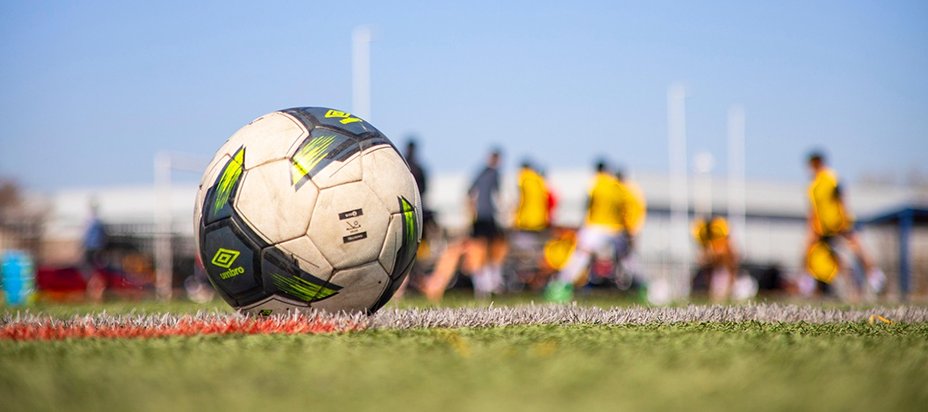

These disciplines blend digital and physical competition. Players compete in a video game and then the same players battle each other in a real-life match in the same discipline. Examples include Phygital Football, Phygital Basketball, Phygital Shooter, and Phygital Dancing.

This category involves players or teams competing in video game tournaments, often streamed to large audiences. Sometimes these sports also feature a physical element as well.

These sports involve the use of advanced technologies and recent innovations and may include disciplines such as Drone Racing, Cybathletics, and Battle Bots, among others.
For more details on mechanics, click here.
The Phygital Ranking System
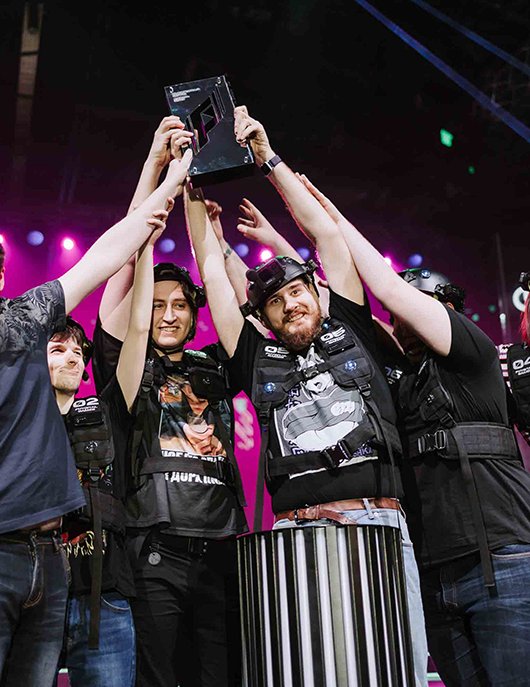
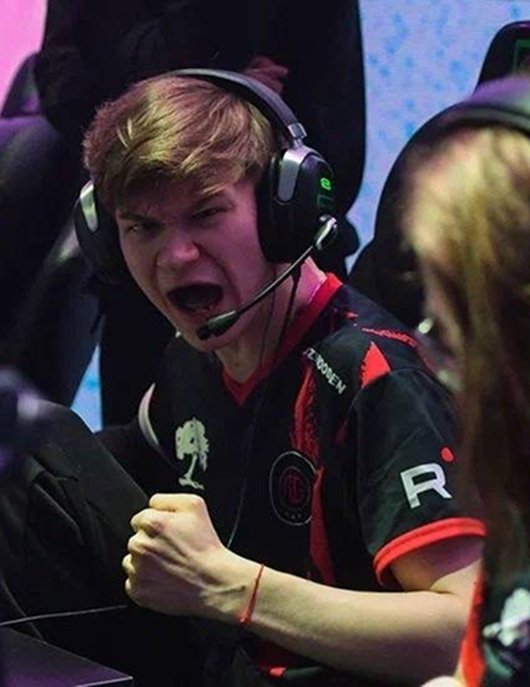
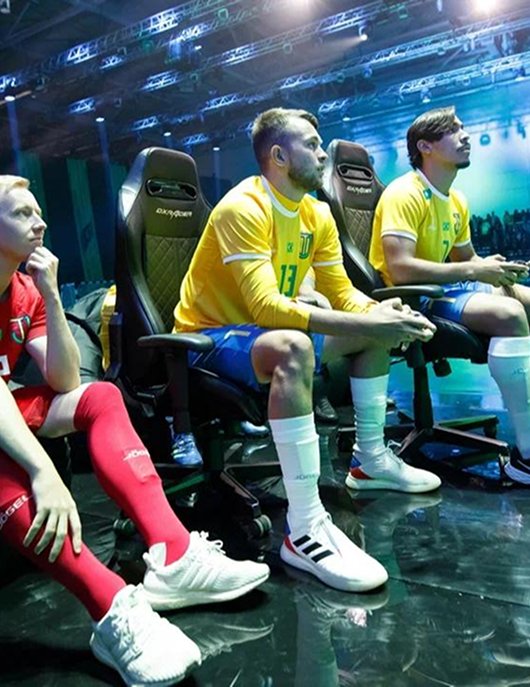
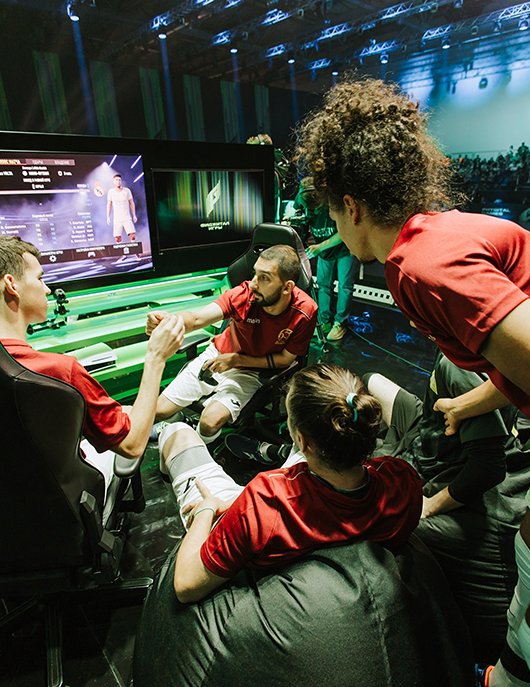
Developed jointly by Phygital International (PI) and the World Phygital Community (WPC), the Phygital Ranking System assesses the management and hosting of local and in-country national competitions in phygital sports and establishes the procedure for selecting participants for the Games of the Future. Clubs and participants are ranked according to a specific mathematical formula, which will determine if they can take part in the GOTF qualifying tournament (Phygital Contenders) and GOTF, both of which are held every year.
For full details about how the ranking system works, download a copy of the regulations here.
